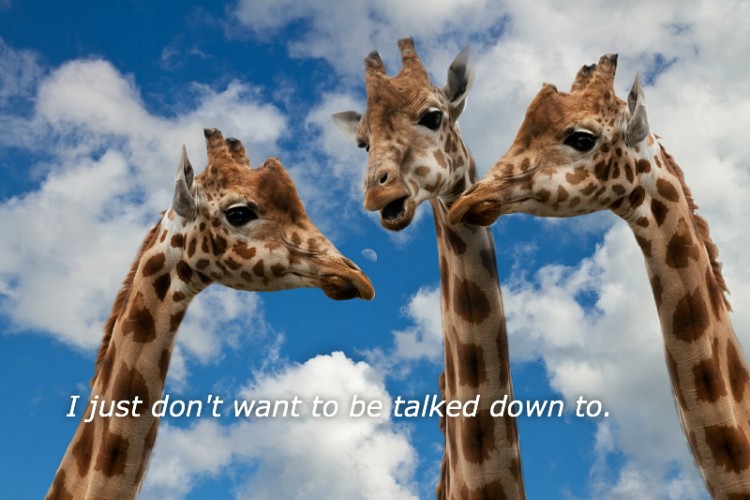Wanting Workers to Work Like Machines (Bartleby the Scrivener)

During the Industrial Revolution This topic is kind of obscure. In a course I took on organizational behavior (OB), we were required to read a short story by Herman Melville, called “Bartleby the Scrivener.” It’s a strange story, written in 1853 – shortly after the industrial revolution made such drastic changes to working conditions and other aspects of society and which we were told the authors of the time were railing against. A Strange…






